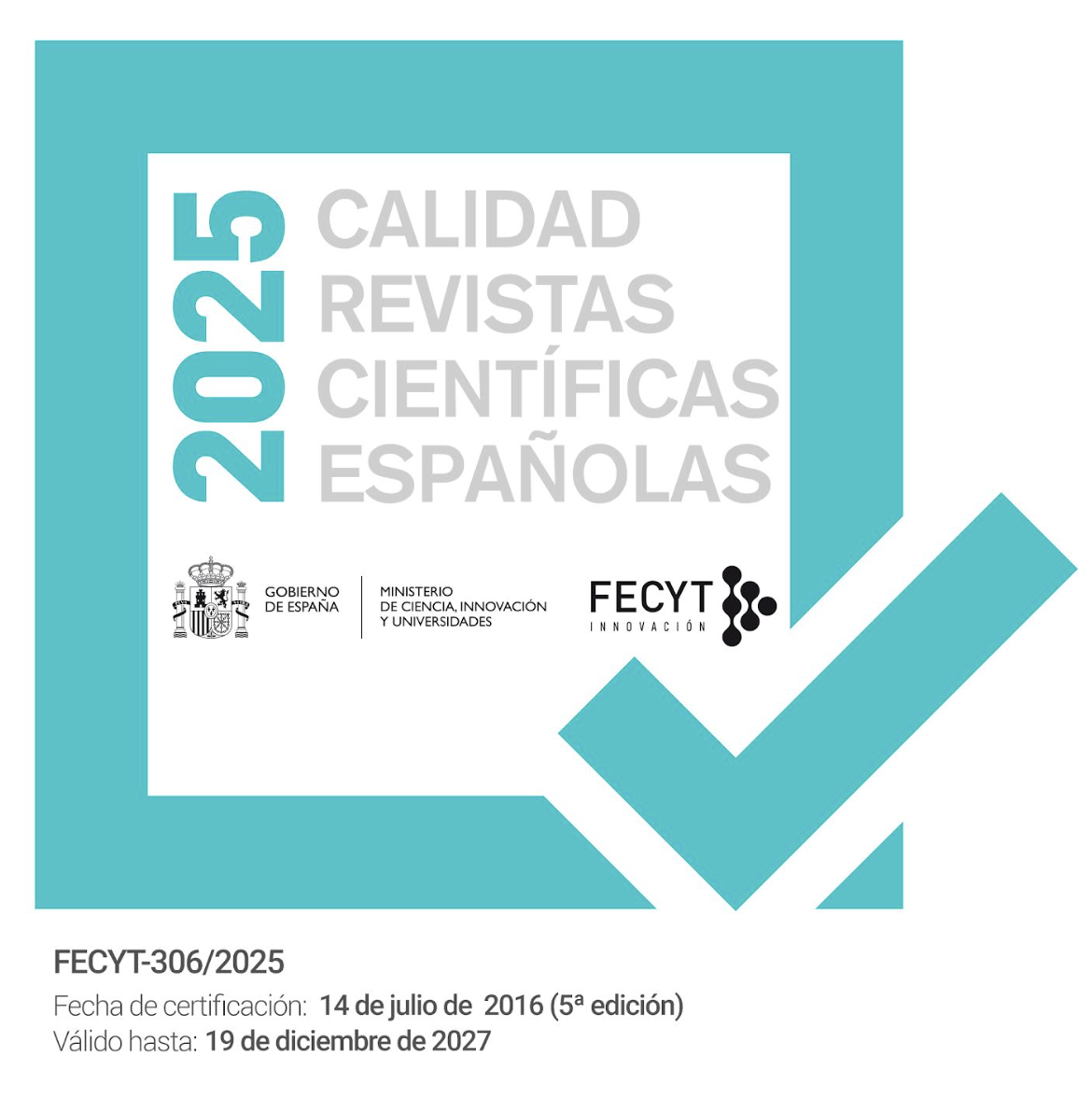Goffman and Videogames: A Sociological Approach from the Dramaturgical Perspective to Entertainment and Leisure Devices
DOI:
https://doi.org/10.22325/fes/res.2018.74Keywords:
Erving Goffman, sociology, video games, game studies, dramaturgical metaphor.Abstract
In this article, we propose an exhaustive approach to the problems of the game from the concerns and tools proposed by Erving Goffman. Through a genealogy that traces the connections of the Canadian sociologist with the game, we understand interactions and social life as a performative space where roles are interpreted and simultaneously operate four metaphors described by the author (theatrical, rite, frame and game). Thereby, we propose an inspiring methodology of study that allows us to grasp the game culture while we delve into the underlying elements of the playful interaction. At the same time, we demand Goffmanian knowledge as useful tools, not only in the context of the game communities, but also in wider spaces and contexts of sociological concer.
Downloads
Published
How to Cite
Issue
Section
License
Copyright (c) 2018 Spanish Journal of Sociology / Revista Española de Sociología

This work is licensed under a Creative Commons Attribution-NonCommercial 4.0 International License.
• The transfer of the copyright of the article to Revista Española de Sociología.
• The assignment to the Revista Española de Sociología of the rights of commercial exploitation of the article to third parties both in the offset and digital formats, as well as to the search engines and platforms that may serve as intermediaries for the sale or knowledge of the article.



